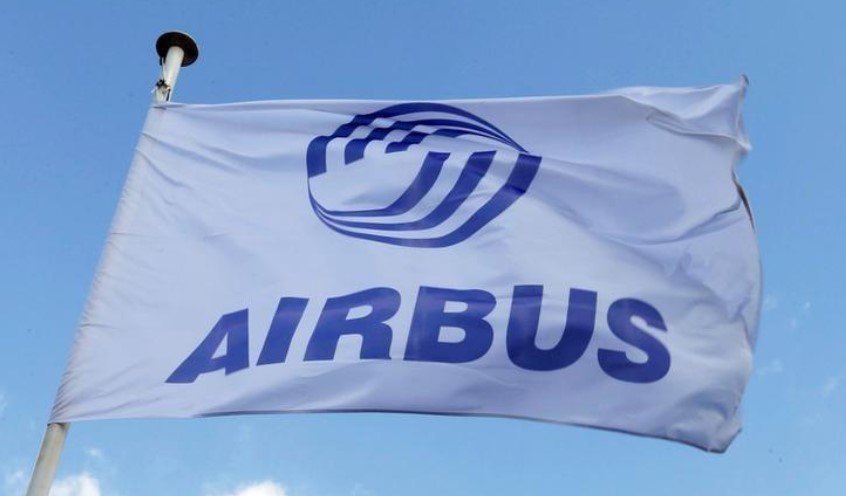
The World Trade Organization ruled on Tuesday the European Union had maintained illegal support to Airbus (AIR.PA), prompting the United States to threaten sanctions against European products in the first of two key aircraft subsidy decisions due this year.
The WTO report coincides with mounting trade tensions over U.S. aluminium and steel tariffs and the impact on European firms of Washington’s decision to exit the Iran nuclear pact.
It is also part of a two-way battle between the EU and the United States over aircraft subsidies that could spark tit-for-tat reprisals between the two trade superpowers.
The WTO’s appeals body said the EU had failed to remove subsidised government development loans for the world’s largest airliner, the A380, and Europe’s newest long-haul jet, the A350, causing losses for Boeing (BA.N) and U.S. aerospace workers.
But the Geneva watchdog dismissed U.S. claims that loans for Airbus’s most popular models, the A320 and A330, were also costing Boeing significant sales and in so doing narrowed the scope of one of the world’s longest and costliest trade spats.
Airbus shares closed down 0.9 percent.
U.S. Trade Representative Robert Lighthizer said the United States would slap countermeasures on European goods unless the EU stopped “harming U.S. interests”. WTO rules allow it to target any industry since all goods fall into one category.
“It is long past time for the EU to end these subsidies,” he said.
Boeing predicted such tariffs could reach billions of dollars a year starting as early as 2019.
The European Commission said the U.S. had lost most of its claims and that much of the aid faulted by the WTO in earlier rounds of the 14-year-old case had expired in 2011. It said it would comply swiftly on the rest.
The EU highlighted earlier wins in a parallel case against U.S. subsidies for Boeing, and Airbus said this could in turn spark EU sanctions against the United States once the timetable for that case reaches the same point later this year.
“Today’s report is really only half the story,” Airbus Chief Executive Tom Enders said.
COMPETING CLAIMS
Barring a settlement, both sides are expected to push for billions of dollars in sanctions annually, but the amounts will depend on arbitration, expected to take around a year.
The WTO case has yielded 5,000 pages of filings and cost tens of millions of dollars.
Boeing says Airbus received illegal aid worth $22 billion, including $18 billion in loans from governments. Of these, $9 billion are involved in the outstanding A350 and A380 claims.
Airbus disputes those numbers, saying they overstate the amount of support embedded in the contested loans. It has meanwhile levelled significant subsidy claims against Boeing.
European officials seized on Boeing’s recent criticism of the A380’s poor sales record as a way to limit any estimates of damage to Boeing caused by subsidies for the double-decker jet.
Both companies have cut output of four-engined A380s and 747s due to airlines’ preference for smaller models and Boeing has long said the industry’s behemoths have had their day.
Airbus says Boeing’s willingness to deliver the last rites to the A380 contradicts Boeing’s claim that it has been damaged by the same aircraft. For a claim to stick at the WTO, subsidies must be found not just to exist but to have caused real harm.
But U.S. sources say the A380 aid meant Airbus was able to gamble on building the world’s largest jetliner without facing the financial consequences of market failure, bolstering its balance sheet in a way that disadvantages Boeing to this day.
“Companies should not have to compete with governments – that is what this case is about,” said Robert Novick, co-managing partner at Boeing’s trade lawyers WilmerHale.

